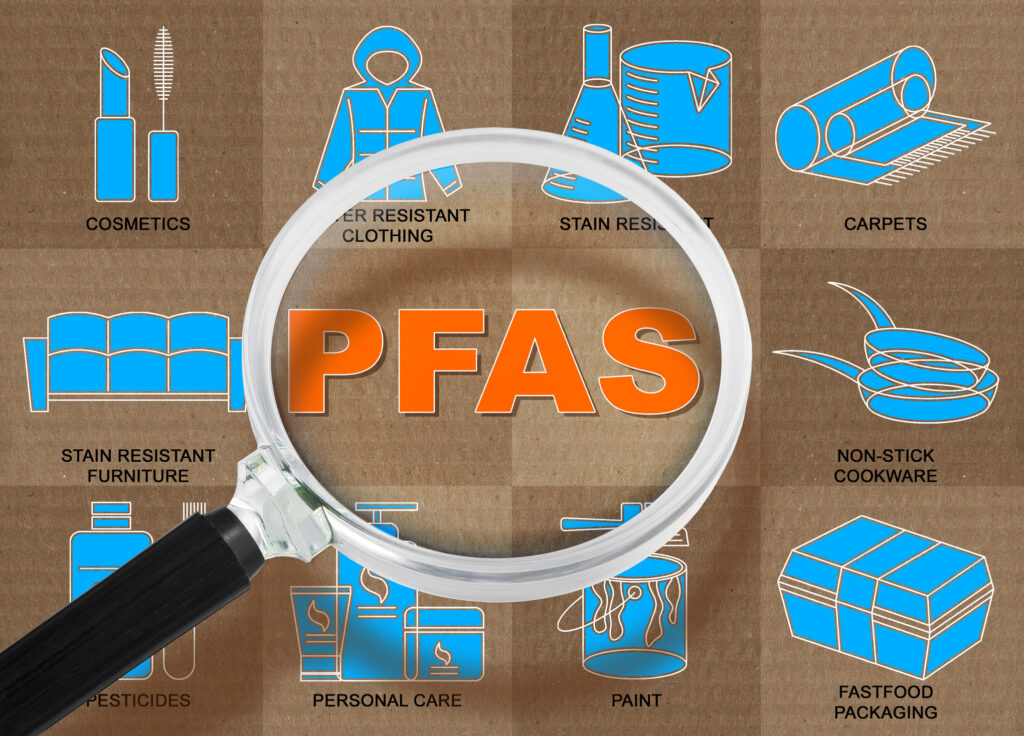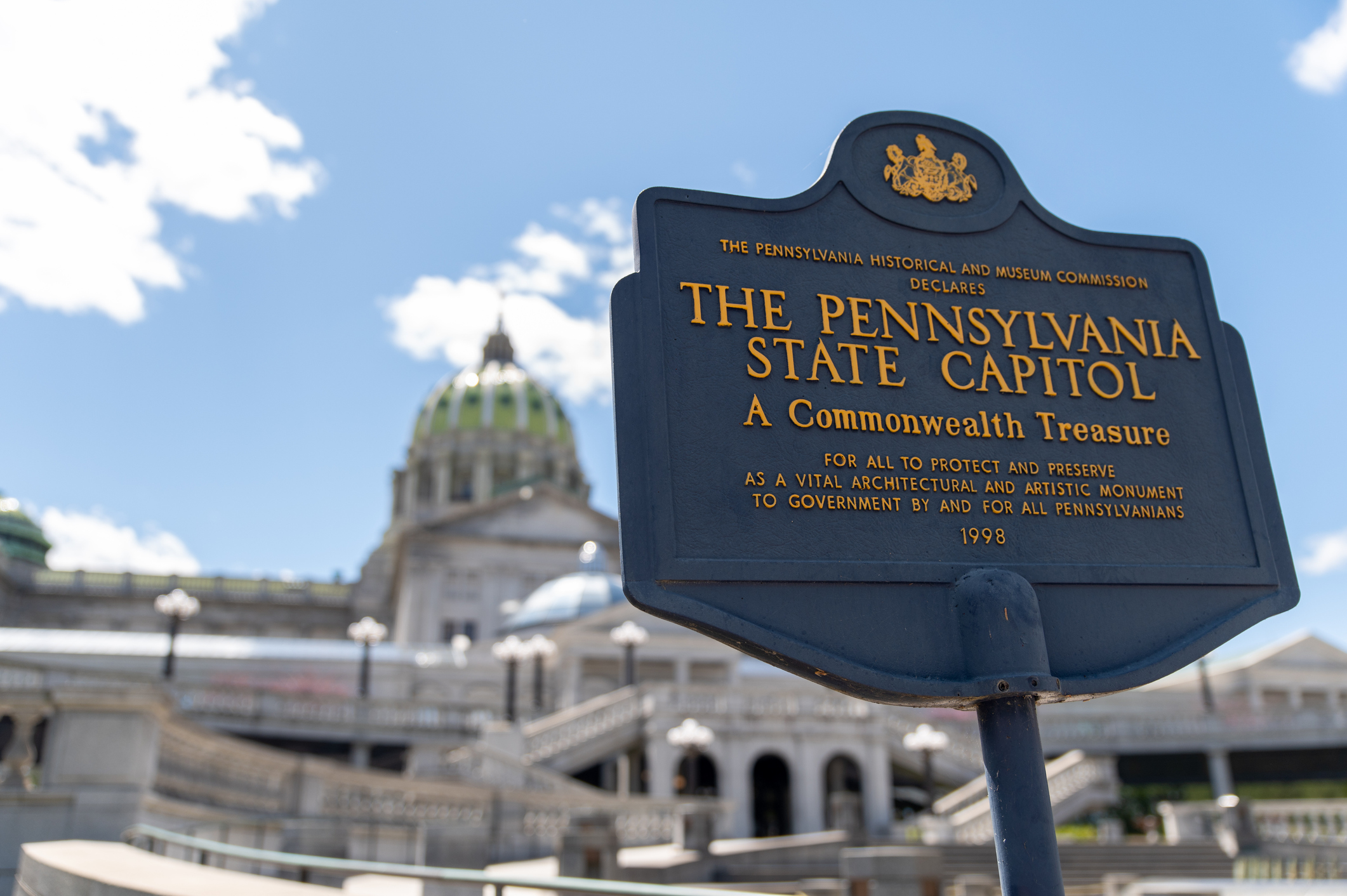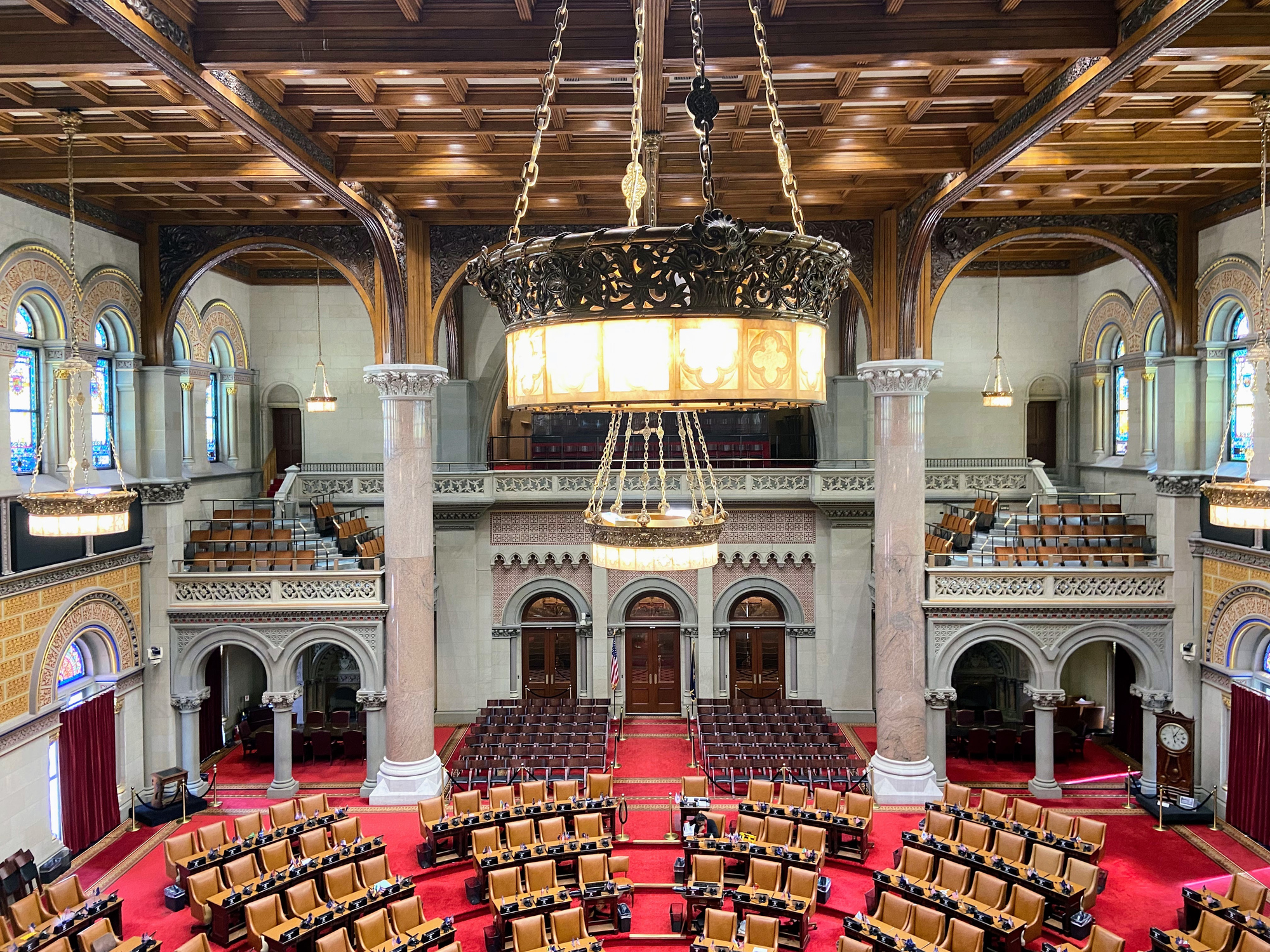
Recent trends across the country have seen several states introducing bills to ban certain chemicals, particularly perfluoroalkyl and polyfluoroalkyl substances (PFAS), in consumer products. According to the EPA, PFAS are persistent chemicals that degrade very slowly (forever chemicals), leading to their widespread presence in the blood of humans and animals, various food products, and the environment. Due to their extensive use in numerous consumer and industrial products, it is challenging to fully understand and assess the potential health and environmental risks associated with PFAS exposure.
However, the EPA notes that scientific studies have indicated that exposure to certain PFAS in the environment may be associated with adverse health effects in humans and animals. In response to these health-related concerns, states like California, New York, Rhode Island, and Vermont are taking legislative action to limit the use of PFAS in everyday products, setting important precedents for future regulations.
While there are many concerned over the health-related implications of PFAS, there are opponents who argue such bans would cause significant disruption to industries that depend on these chemicals for their unique properties and face high costs and technological challenges in finding alternatives, including the U.S. Department of Defense.
California Bill Prohibits the Sale of Products with Intentionally Added PFAS
In May 2024, State Senator Nancy Skinner (D) introduced California Senate Bill 903 related to PFAS. Currently, starting January 1, 2025, existing law will ban the manufacture, distribution, and sale of new textile articles, cosmetics, food packaging, and juvenile products that contain regulated PFAS chemicals.
The bill, effective January 1, 2032, extends the prohibition to all products with intentionally added PFAS, unless the Department of Toxic Substances Control determines the use is currently unavoidable, federal law preempts the ban, or the product is previously used. The bill outlines criteria for determining unavoidable use, renewing and revoking these determinations, and requires the department to publish an online list of exemptions. Violations will incur civil penalties, which will fund the PFAS Penalty Account for enforcement. Further, the bill mandates the department to adopt necessary regulations by January 1, 2027, which will include application fees and an appeals process. These fees will support the PFAS Oversight Fund for administrative costs.
New York Senate Passes PFAS Phase-Out Bill
In June 2024, State Senator Brad Hoylman-Sigal (D) introduced New York Senate Bill 05648 to phase out the sale of products containing certain amounts of PFAS or intentionally added PFAS by 2026. The bill, which passed the Senate in June of 2024 and sent to the Assembly, targets products such as architectural paint, cleaning products (air care products, automotive products, general cleaning products, polish or floor maintenance products), cookware, fabric treatments, rugs, ski wax, textiles, and textile articles (non-wearable textile goods, outdoor apparel, anti-fogging wipes, and PPE).
Rhode Island Governor Signs Bill Phasing out PFAS in Consumer Products
In June 2024, Rhode Island Governor Daniel McKee signed Senate Bill 2152, the Comprehensive PFAS Ban Act of 2024, to phase out PFAS in consumer products by January 1, 2027. The bill requires annual disclosure of PFAS presence starting in 2028 in items like apparel, carpets, cookware, and cosmetics. It restricts PFAS-containing firefighting foam use from 2025 unless federally required. The Department of Environmental Management will oversee implementation and enforce penalties.
Vermont Enacts Legislation Regulating PFAS
In May 2024, Vermont Governor Phil Scott (R) signed Vermont Senate Bill S0025 to regulate “harmful chemicals,” such as PFAS, in consumer products. The bill bans the sale and manufacture of products with intentionally added PFAS, ortho-phthalates, formaldehyde, mercury, lead, asbestos, and triclosan, allowing trace quantities if unavoidable. It targets products like mattresses, apparel, cookware, and artificial turf, exempting used products. The bill also addresses PFAS in firefighting foam and mandates public health campaigns about harmful chemicals in cosmetics.
Latest News
Photo credit: iStock.com/Niiaz Sabirov In 2025, several U.S. states have introduced legislation to prohibit geoengineering, defined as intentional large-scale interventions in Earth’s atmosphere or climate systems, such as cloud seeding or solar radiation modification. These [...]
Photo credit: iStock.com/24K-Production Across the United States, lawmakers are increasingly reconsidering psilocybin policy in response to growing evidence of its therapeutic potential. Psilocybin is a naturally occurring psychedelic compound found in particular species of mushrooms. [...]
Photo credit: iStock.com/Hamburg Studios As Pennsylvania continues to navigate an evolving energy landscape, state leaders are proposing new approaches to ensure reliability, affordability, and sustainability. Governor Josh Shapiro recently announced his “Lightning Plan”, a six-part [...]
Photo credit: iStock.com/Ray Tan As the impacts of climate change intensify, several U.S. states are taking legislative steps to address the mounting costs of adaptation and resilience. New York, New Jersey, and Vermont have recently [...]






Stay In Touch